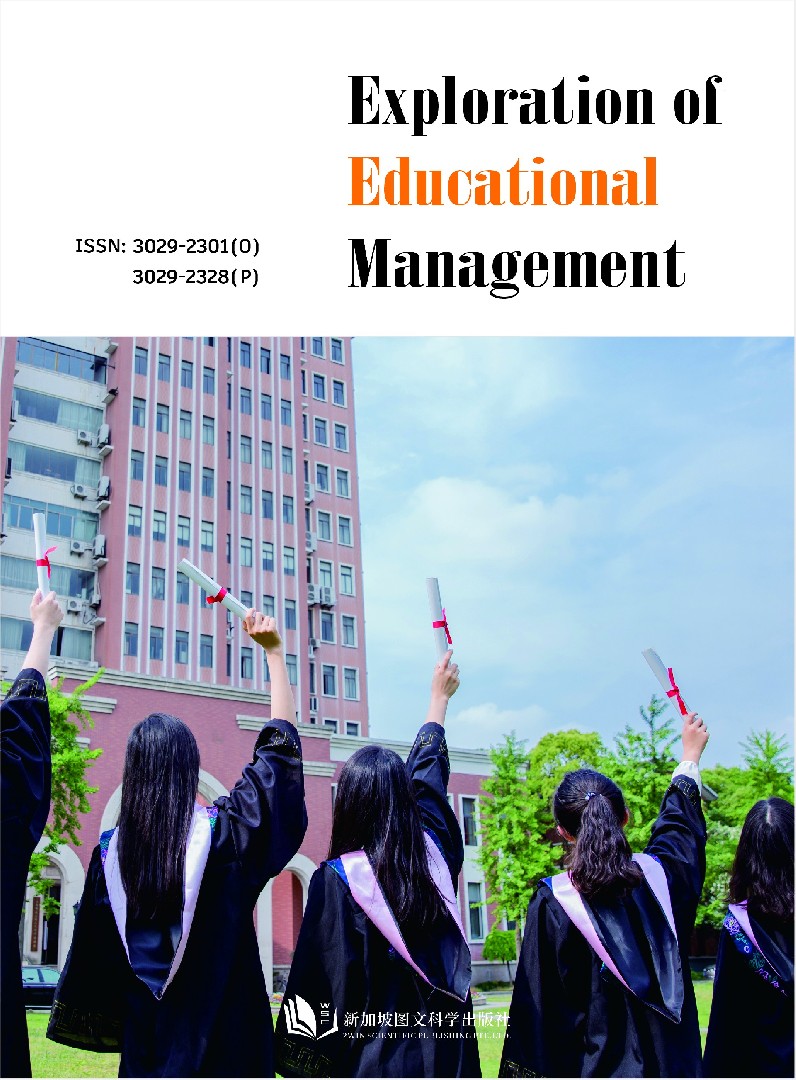作者
Liu Bing Yu,Lai Kuan Kong
文章摘要
Abstract: With the development of Chinese education, art education and art teachers begin to appear in the field of researchers' vision. Under the background of exam-oriented education, art education is marginalized whereby the career success of Chinese art teachers in junior middle schools is challenged. Thus, this study aims to examine the level of Chinese art teachers’ career success which currently under research. Through a questionnaire survey of art teachers in junior middle schools in Shenzhen, China, the results showed that art teachers generally perceive higher career success outside the school environment. This finding indicated that art teachers perceived having higher recognition outside the school. Meanwhile, findings also suggested that among the three dimensions of career success, job satisfaction scored the lowest. Based on the findings, this study suggests several strategies as to assist art teacher populations achieve higher career success.
文章关键词
Keywords:Career Success; Junior Middle School Art Teachers; Shenzhen; China
参考文献
[1] Akkermans, J., & Kubasch, S. (2017). Trending topics in careers: a review and future research agenda. Career Development International, 22(6), 586-627.
[2] Gaile, A., Baumane-V ī toliņa, I., Kivipõld, K., & Stibe, A. (2022). Examining subjective career success of knowledge workers. Review of Managerial Science, 16(7), 2135-2160.
[3] Guo, S.J.& Su, H.Q.(2023).The Dual Background of School Art Curriculum Reform and Its Countermuasures. Educational Research and Experiment, (05), 99-107.
[4] Heslin, P. A. (2005). Conceptualizing and evaluating career success. Journal of Organizational Behavior: The International Journal of Industrial, Occupational and Organizational Psychology and Behavior, 26(2), 113-136.
[5] Ingarianti, T. M., Suhariadi, F., Fajrianthi, F., & Kristiana, I. F. (2022). The effect of antecedents of teachers’ subjective career success. International Journal of Environmental Research and Public Health, 19(17), 11121.
[6] Koekemoer, E., & Crafford, A. (2019). Exploring subjective career success using the Kaleidoscope Career Model. SA journal of industrial psychology, 45(1), 1-11.
[7] Li, Y.L. (2023). A qualitative study on the identity of art teachers in rural elementary schools(Master Degree Thesis,Yunnan Normal University).
[8] Ng, T., Eby, L., Sorensen, K., & Feldman, D. (2005). Predictors of objective and subjective career success: a meta-analysis. Personnel Psychology, 58, 367–408.
[9] Pico-Saltos, R., Carrión-Mero, P., Montalván-Burbano, N., Garzás, J., & Redchuk, A. (2021). Research trends in career success: A bibliometric review. Sustainability, 13(9), 4625.
[10] Poon, J. M. (2004). Career commitment and career success: moderating role of emotion perception. Career development international, 9(4), 374-390.
[11] Shi, J.Y. (2021). Research on the relationship among work stress, emotional management and job burnout inprimary and middle school music teachers. Master Degree Thesis, Shanghai Normal University).
[12] Spurk, D., Hirschi, A., & Dries, N. (2019). Antecedents and outcomes of objective versus subjective career success: Competing perspectives and future directions. Journal of Management,45(1), 35-69.
[13] Wang, Z. J., & Long, L. R. (2009). Mechanism of social capital on Chinese employees ’ career success. Management Review, 21, 30-39. *Corrsponding author: Lai-Kuan Kong, konglaikuan@gmail.com.
Full Text:
DOI
